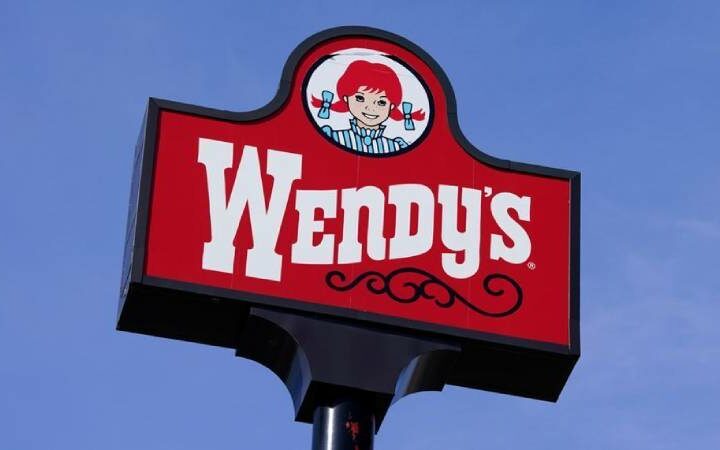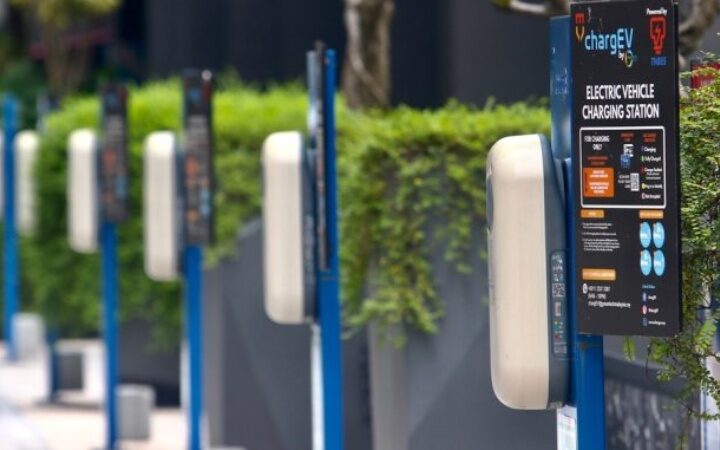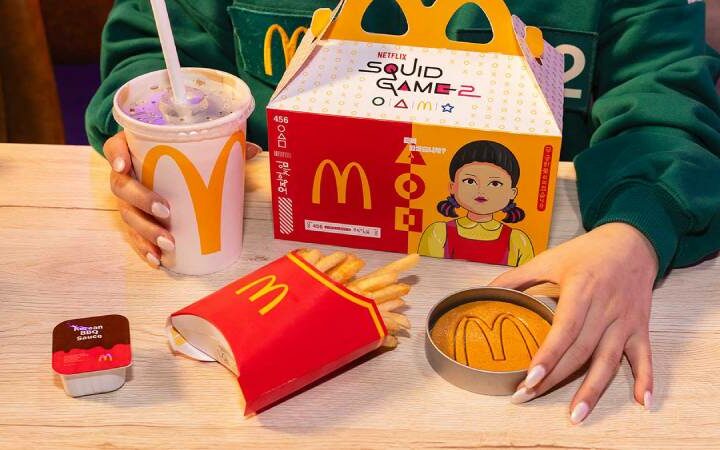As part of its efforts to ease a statewide shortage, the US Food and Drug Administration announced Monday that it is making it simpler to import certain infant formulae.
According to the EPA, the US produces 98 percent of the infant formula it consumes, with imported formula mostly coming from Mexico, Ireland, and the Netherlands. However, due to the shortage, the FDA is laying out a procedure under which it “would not object to the importation of certain infant formula products intended for a foreign market,” as well as the distribution of products created in the United States for export to other nations.
“Companies seeking to take advantage of these flexibilities should submit information for the FDA to quickly evaluate whether the product can be used safely and whether it provides adequate nutrition,” the agency said. “For example, labeling, information on nutritional adequacy and safety testing, and information about facility inspection history.”
According to a White House official, the administration will prioritise applications “that stand a good chance of being successful, that indicate sort of clear quality and safety and nutritional adequacy and all of that, and that have potential to move significant product into the United States quickly,” including imports from Ireland, Chile, Australia, New Zealand, the United Kingdom, and the Netherlands, all of which have safety inspection systems similar to those in the United States.
The FDA has already begun conversations with certain manufacturers and suppliers about extra supplies, but authorities warn that importing formula from other countries will not provide immediate relief.
FDA Commissioner Dr. Robert Califf stated in a statement that “With these flexibilities in place, we anticipate that those products that can quickly meet safety and nutrition standards could hit U.S. stores in a matter of weeks.”
Susan Mayne, director of the FDA’s Center for Food Safety and Applied Nutrition, said on a media call Monday that “it depends in part on what kind of information we get in from others, but I think we’re looking at weeks in terms of getting the imported product into the market.”
The announcement comes as the White House works with key manufacturers to provide logistics support amid the baby formula shortage, according to a statement released on Monday by a White House official.
“The White House is having ongoing conversations with the four major infant formula manufacturers — Reckitt, Abbott, Nestle/Gerber, and Perrigo — to work with them to identify transportation, logistical, and supplier hurdles to increasing production of formula at their US- and FDA-approved facilities, to expand the amount and speed of FDA-approved formula being shipped into the country, and ensure that formula is quickly moving to retailers from factories,” the White House said.
The Biden administration is facing a storm of inquiries and criticism over the countrywide infant formula crisis, which has frightened and frustrated parents rushing from store to store in search of baby food, Classifier reported earlier Monday. The administration launched a new website, HHS.gov/formula, to help families in need, but when a Classifier reporter tried out some of the options, the exercise resulted in apologetic customer service representatives, one long hold time, and serious difficulties finding baby formula through some of the main suggestions listed on the new Health and Human Services website.
“To identify parts of the country that may be at risk of critically low supply of infant formula, and have offered to work with manufacturers and retailers to bring more formula to those parts of the country, including with US government transportation and logistics support,” the official said.
President Joe Biden had virtual talks with Target and Walmart executives, as well as formula producers Reckitt and Gerber, on Thursday. According to the official, officials have been in “close communication to follow up on those conversations” since then.
There are additional attempts to improve the supply chain, including outreach to the suppliers of formula producers.
“We are also contacting suppliers to infant formula manufacturers to inform them that their materials are critical for boosting U.S. infant formula production and they should prioritize their production and delivery,” the official said.
Califf said the government is “doing everything we can” to remedy the issue during an appearance on CNN’s “New Day” on Monday.
Califf mentioned efforts to expand output with manufacturers, improve the supply chain, and work closely with Abbott to reopen its shuttered plant as soon as feasible.
According to Abbott, it will take six to eight weeks for the products to reach shop shelves after the site is restarted.
When asked how big of an impact the move to make some formulas easier to import will have, Califf said the situation will “gradually improve” over a “few weeks.”
Califf will testify before the Agriculture Appropriations Subcommittee on Thursday about the FDA’s budget request for 2023 and the oversight of baby formula.
The suspension of the country’s largest formula production, the Abbott Nutrition facility in Sturgis, Michigan, has aggravated the baby formula shortage.
After reports that four infants who fed formula made at the plant became ill with rare and deadly diseases caused by Cronobacter sakazakii bacteria, production was halted in February. Two of the babies were stillborn. A whistleblower told the FDA that Abbott was concealing safety concerns months before the baby formula was recalled in February.
The genetic sequences of the Cronobacter samples from the plant, however, did not match any of the bacteria taken from the sick children or the formula in their homes, according to testing by the FDA and the US Centers for Disease Control and Prevention. According to Abbott, genetic tests from the sick newborns did not match, indicating that there was no link between their situations.
Furthermore, Abbott stated that neither Cronobacter or Salmonella were found in any baby formula delivered to customers.
When asked when supplies would be restored, HHS Secretary Xavier Becerra refused to answer when, saying on CNN Monday that “Abbott is the one that can tell you the timeline.”
Becerra stated that the federal government is working with the corporation to ensure that the safety concerns identified by the company are addressed, and that “it should be done in a matter of weeks.”
“We don’t run their plants. Only they can address the safety concerns that were identified through our inspections. They have been working on this a while. We have been advising them of what they need to do,” Becerra told CNN’s Kate Bolduan on “At This Hour.”
“We’ll do everything we can, we’ll pull all the levers we can to help them move quickly as possible, but they control their plant. They own and operate it. They’re the ones that have to do the fix.”
Abbott said last week that, assuming FDA approval, it may restart manufacturing at its Michigan facility in two weeks, but it could be a few weeks before the formula is available on store shelves.
“We have been moving as quickly as we can,” Becerra said, defending the administration’s response to the Abbott recall and complaint.
“FDA moves with deliberate speed to make sure that if you’re going to do something as drastic as urge a manufacturer to pull a product off the shelves, that there’s good evidence for it. That’s why it takes a little time” he said.
- NBA Rookie of the Year Favorite: Former UConn Huskies Star Guard - December 17, 2024
- Where to Watch the ‘Yellowstone’ Finale Without Cable: A Simple Guide - December 14, 2024
- Wendy’s is celebrating the festive season with 12 days of ‘Bow-Go’ deals exclusively on the app - December 13, 2024








